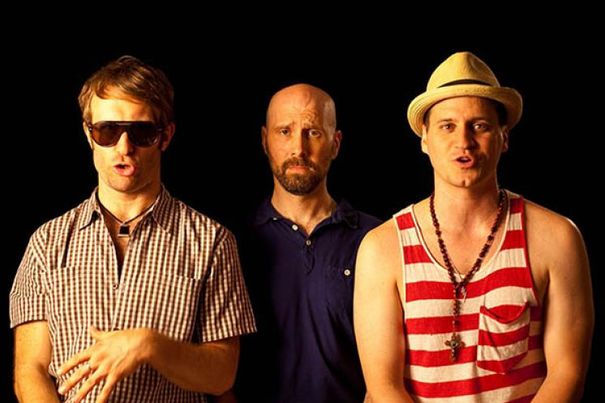Review: Do I Sound Gay?
by Andrew Kaggwa

Do I sound gay? Umm that’s the question.
In many African countries, where being gay has been criminalized, this is a question one would ask in a bid to save themselves. If they are men, they will try to deepen their voices just to prove that they are not gay.
However, regarding to the viewer’s point of view, David Thorpe’s premiere documentary, which uses the question as the title is different – it’s a journey of self-discovery and improvement that many of you guys in relationships seek after a nasty break up.
In this case, it was our main man and director Thorpe; after a breakup with his boyfriend, he embarks on a hilarious yet touching journey that sees him confront his anxiety about sounding gay.
“I’ve been mystified about why I sound the way I do,” Thorpe says in one of the scenes.
With the help of voice and acting coaches, linguists, celebrities and gay people among others, Thorpe explores the wording and pronunciations dynamics surrounding, the voice that has come to be stereotyped as ‘sounding gay’.
He tries to trace the history of the gay sound and how it got its place in pop culture – these are questions like why weren’t flamboyant performers or Tv characters like Prince or Michael Jackson labelled gay – why does it matter now anyway? Or what is the gay sound like?
Do I Sound gay’s strongest strength could be Thorpe’s personal story, it takes centre stage at some point, he asks his family and friends if he has always sounded gay and if not, when did he start sounding gay – one family member can trace that it was around college while a friend says it was at the time he came out of the closet – still, during college.
From the beginning, Thorpe’s film is meant to be about him and that mysterious journey to find the route of his unhappiness though as he goes on, he discovers that many humans are unhappy with the way they sound especially because they will be subjected to suspicion.
This film comes at the time when at least a man has been murdered, bullied and beaten in a different continent because of their sex orientation – And we see this fear almost run across the men the director chooses to talk to, they are not afraid that they will be stoned as if they are in Uganda, but they do exhibit some sense of insecurity.
Some feel good when they go to places where people can’t easily tell that they are gay while others wish they would sound more masculine.
Thorpe’s film though good, touches just a very little topic when it comes to the whole LGBT issue – speech! yes, it is an important factor that has constantly been used to tell who and who’s not gay but was still too weak to be the prime subject for a feature documentary.
The bigger picture should have been the different stereotypes like fashion sense, locomotives and certain behaviours that have been labelled gay even before those people say a word.
Speech in all senses was supposed to be part of characters that would have contributed to the stereotyping narrative but not driving it.
Singling out speech almost complicated the work for the director because at the end of it all, it still seemed like the question of ‘if he sounds gay’ was answered - yes, he does sound gay and he is indeed gay. But the question of why the stereotypical gay sound fits almost all gay men was never answered. The film is not telling us whether sounding gay is a fad, trend, inherited or learnt.
But in anyway, Thorpe is convincing, he succeeds at showing the world that many men out there are suffering because of the way they talk. Which is a plus, considering his unconventional way of communicating; his film making technique that is out rightly weird especially while interviewing subjects, he could cut to a scene of himself reacting! (Who even does that?) Then the opening credits he recited in his ‘gay voice’, very

